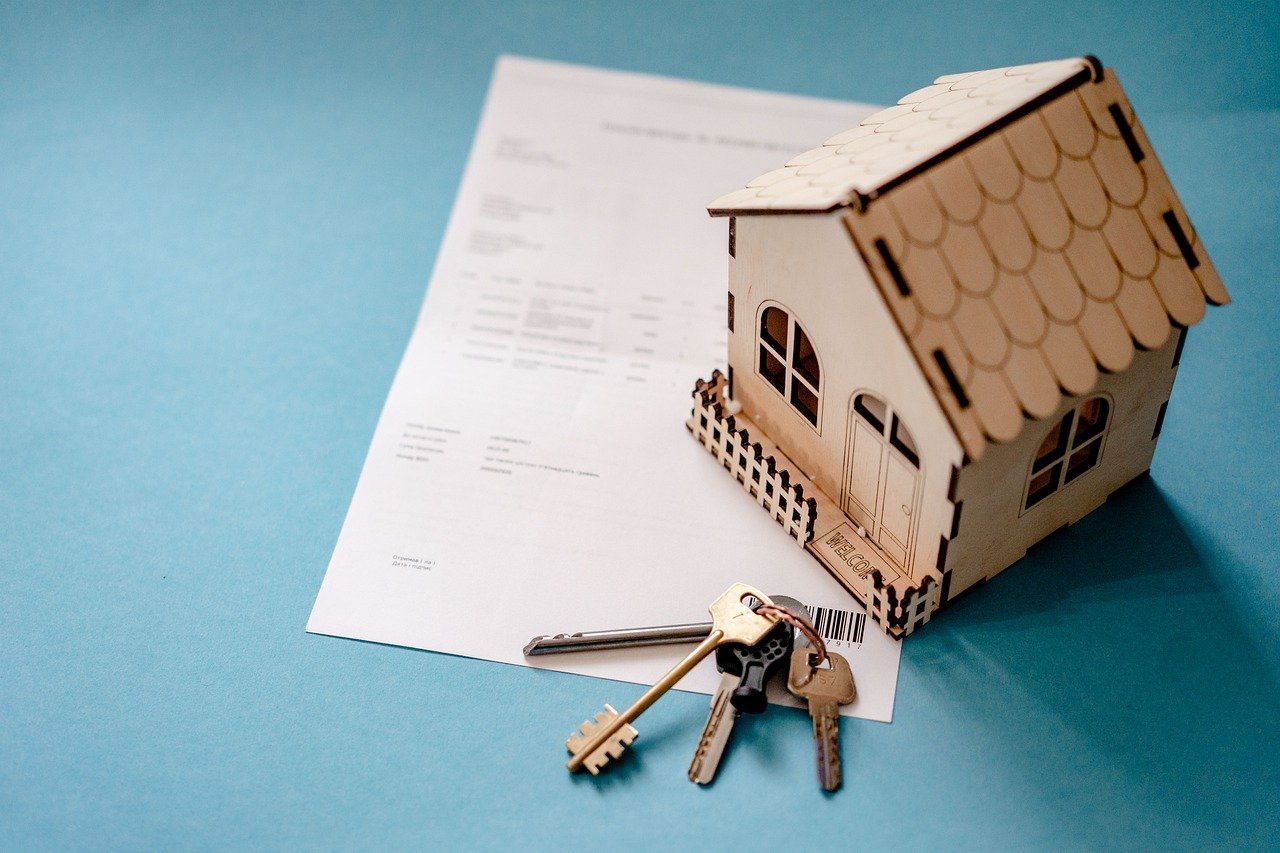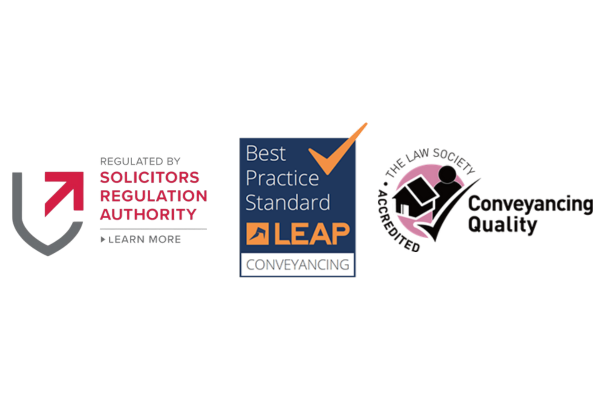[vc_row][vc_column][vc_custom_heading text=”1. Строительная геодезия и оценка” font_container=”tag:h3|text_align:left|color:%23d30b0e” use_theme_fonts=”yes”][vc_column_text]Наши квалифицированные эксперты в области недвижимости, деятельность которых регулируется Королевским институтом сертифицированных оценщиков, предоставляют следующие услуги:
- обследование технического состояния зданий;
- предоставление отчетов покупателям жилья;
- предоставление гарантий соблюдения прав пользования общей частью объектов недвижимости;
- предоставление гарантий соблюдения исконного права на достаточный уровень освещенности;
- разрешение споров о границах территорий, земельных участков, объектов землеустройства;
- предоставление экспертных заключений о наличии дефектов;
- предоставление экспертного заключения о проявлениях профессиональной халатности;
- предоставление экспертного заключения и выявление дефектов здания с целью содействия в разрешении споров по контракту.
Имея богатый опыт в предоставлении экспертных заключений частным лицам, впервые покупающим дом, а так же организациям, отвечающим за конструктивные элементы зданий, и организациям, управляющим объектами и людьми на больших земельных владениях, таких как собственность Короны, филиалы Национальной службы здравоохранения, социальное жилье, семейная доверительная собственность и университетское имущество, мы предлагаем широкий спектр услуг.
Наш подход часто заключается в комплексной оценке имущества, самих объектов недвижимости и соответствующей отчетности, например, касательно модели стратегии коммерческой деятельности, которую представляют эксперты в области недвижимости, специалисты по планированию здравоохранения или академические руководители факультетов. Нередко наша оценка в последствии становится единой исходной точкой, позволяющей лучше определить потенциальную эффективность и рекомендовать будущую стратегию использования.[/vc_column_text][vc_custom_heading text=”2. Привлечение экспертов и мнения специалистов” font_container=”tag:h3|text_align:left|color:%23d30b0e” use_theme_fonts=”yes”][vc_column_text]Мы можем предоставить экспертное заключение по многочисленным аспектам процесса строительства, до или после подписания контракта.
Разработка стратегии подготовки искового заявления, способов защиты или перспектив недвижимости, зачастую значительно упрощается после получения экспертного заключения, служащего основой урегулирования споров либо предъявления претензии, а также подробного изучения стратегии будущего использования для такой недвижимости. Экспертная оценка технического состояния, механических и электрических компонентов, с рекомендациями эксперта, может помочь выявить дефекты, определить ответственных за появление таких дефектов, и способствовать привлечению ответственных лиц к устранению проблем и предотвращению затяжных споров.
При предоставлении услуги по ведению судебного спора крайне важным является рассмотрение установленных протоколов, которые должны быть представлены в суд; для чего очень важно и даже необходимо организовать предварительный обмен мнениями экспертов. Анализ причин задержки также предоставляется в форме экспертного заключения, что упрощает количественную оценку стоимости иска и процедуру обращения в судебную инстанцию для обоснования претензии.
Мнение специалиста
Наши экспертные знания по широкому спектру строительных, имущественных и правовых норм, связанных с этими секторами, позволяют нам предоставлять различные мнения, которые могут быть полезны, например, при принятии коммерческих решений или же могут послужить доказательной базой, применимой во время ведения переговоров.
Мы часто сталкиваемся с тем, что краткое изложение точки зрения, даже в самом сложном случае, помогает всем заинтересованным сторонам сосредоточиться на проблемах и обобщить факты, что на фоне повседневных вопросов и возможных противоречий между сторонами, нередко помогает достичь согласия.
Заключения экспертов
В дополнение к профессиональной отчетности по различным мерам регулирования в области строительства, недвижимости и права, мы также предоставляем заключение экспертов и наши выводы для передачи в различные судебные инстанции.
Мы передаем на экспертизу любые из наших выводов и экспертных заключений и можем присутствовать на любых слушаниях с тем, чтобы представить наш отчет в полной форме, дать показания в суде и/или ответить на вопросы других назначенных экспертов.[/vc_column_text][vc_custom_heading text=”3. Разрешение споров” font_container=”tag:h3|text_align:left|color:%23d30b0e” use_theme_fonts=”yes”][vc_column_text]Таким образом, наша цель заключается в том, чтобы предоставляемые нами услуги по разрешению споров могли быть использованы как в процессе сотрудничества, так и при судебных разбирательствах.
Мы берем на себя урегулирование по выдвигаемым претензиями в области строительства, в основном в судебном порядке, и можем предложить обширный спектр механизмов разрешения споров по стандартным формам контрактов, опубликованных в работах JCT, ICE, ACA, FIDIC, NEC, EEC, PPC, DOM 1, DOM 2 и GC.
Вынесение судебного решения в соответствии с законом является важной основой нашей работы, что, даже при отсутствии четко выраженных механизмов в рамках контракта, позволяет разрешать споры, придерживаясь буквы закона.
Мы разработали экспертный подход, необходимый для быстрого обобщения материалов спора, который дает возможность быстро найти наиболее подходящее средство его урегулирования.
Опыт участия в судебных разбирательствах и кропотливая работа отдельных специалистов из группы конструкторов, в сочетании с познаниями строительных подрядчиков в практической стороне вопроса, а также понимание правовых принципов и навыки толкования закона, делают работу нашей комиссии не только важной для тех, кто нуждается в срочной помощи, и особенно для тех, в отношении кого был вынесен судебный приговор или третейское решение, но и полезной при оказании услуг посредничества в переговорах или при принятии экспертной оценки.[/vc_column_text][vc_custom_heading text=”4. Судебные разбирательства” font_container=”tag:h3|text_align:left|color:%23d30b0e” use_theme_fonts=”yes”][vc_column_text]Наша компания оказывает услуги по составлению и предоставлению доказательств в судебную инстанцию, и рекомендует наиболее компетентных адвокатов для официального представления интересов во время слушаний.
Услуги нашей компании при подготовке материала для подачи в суд обеспечивают твердую согласованность доказательств, что бесценно в совокупном иске, по которому, возможно, ранее проходил процесс судебного разбирательства при участии нашей компании, однако, вынесенное решение было оспорено противоположной стороной судебного процесса.
Мы досконально знаем особенности судебных разбирательств в Технологическом и Строительном Суде (далее – «ТСС»), в частности, следим за соблюдением процессуальных норм, установленных судом.
Обратите внимание, что на фоне существования норм суд настаивает на соблюдении альтернативных правил разрешения споров, кроме того, следует помнить, что составляются допроцессуальные протоколы, целью которых является избежать судебного разбирательства.
С учетом норм, уставливаемых судом, наш опыт показывает, что на начальных этапах судебного разбирательства многие претензии регулируются до слушания, а это повышает вероятность урегулирования споров на более выгодных условиях, при условии, что этим вопросом наша компания занимается на протяжении всего процесса разрешения спора, поскольку только так можно досконально изучить все нюансы того или иного дело.[/vc_column_text][vc_custom_heading text=”Технологический и Строительный Суд” font_container=”tag:h3|text_align:left|color:%23d30b0e” use_theme_fonts=”yes”][vc_column_text]Нормы гражданского судопроизводства 60.1(2) и (3) предусматривают, что претензия TCC – это претензия, которая (i) содержит технически сложные вопросы или проблемы (которые желательно рассматривать в ТСС) и (ii) была подана или передана специалистам TCC. В параграфе 2.1 Практического руководства TCC в качестве примеров типов споров и претензий указывается следующее:
(a) споры по строительным подрядам или другие споры, касающиеся строительства, включая претензии по исполнению решений судей в соответствии с Законом «О грантах на жилищное строительство, строительные и восстановительные работы» 1996 года;
(б) споры, касающиеся технического проектирования;
(в) претензии со стороны и в отношении инженеров, архитекторов, геодезистов, бухгалтеров и других специализированных консультантов касательно предоставляемых услуг;
(г) претензии со стороны или в отношении местных властей, касающиеся их обязанностей, предусмотренных законом, связанных с застройкой земельных участков или строительством зданий;
(д) претензии, связанные с проектированием, поставкой и установкой компьютеров, компьютерного программного обеспечения и сетевых систем;
(е) претензии, касающиеся качества проданных или взятых в аренду товаров, а также выполненных работ, поставленных материалов или оказанных услуг;
(ж) споры между арендодателем и арендатором по поводу нарушения соглашения о проведении ремонтных работ;
(з) споры между соседями, владельцами и арендаторами земель по поводу нарушения границ владений, нарушений общественного порядка и т. д.
(и) споры, касающиеся нарушений норм и правил в сфере охраны окружающей среды (например, случаи загрязнения);
(к) претензии, связанные с последствиями пожаров;
(л) споры, связанные с нарушениями ведения бухгалтерского учета, в особенности в сложных случаях; а также
(м) оспаривание решений арбитражного суда в отношении споров, касающихся технического проектирования и строительных работ, включая заявления о разрешении на подачу жалоб и жалобы.
Следует отметить, что этот список не является исчерпывающим, и многие другие виды претензий вполне могут быть урегулированы в TCC. В последние годы спектр деятельности TCC расширяется, и многие гражданские иски, которые являются фактически или технически сложными, в настоящее время рассматриваются в TCC, в том числе иски о групповых действиях по нанесению телесных повреждений и нарушению общественного порядка, а также ряд споров о закупках, возникающих в связи с Положением о государственных контрактах 2006 года. Кроме того, TCC регулярно рассматривает обвинения в халатности адвокатов, возникающие в связи с планированием, недвижимостью, строительством, а также другие технические споры и заявления в соответствии с Законом об арбитраже 1996 года.
Кроме TCC, который находится в центральной части Лондоне, претензии можно подавать в местные судебные канцелярии следующих городов: Бирмингем, Бристоля, Кардифф, Честер, Эксетер, Лидс, Ливерпуль, Ньюкасл, Ноттингем и Манчестер. В настоящее время в Бирмингеме и Манчестере работают штатные судьи TCC.
Обращения в TCC можно также подавать в окружные суды, которые указаны в части 60 Практического руководства, а именно: в окружные суды Бирмингема, Бристоля, Кардиффа, Честера, Эксетера, Лидса, Ливерпуля, Ньюкасла, Ноттингема и Манчестера.
В комитетах потребителей функционирует ряд ассоциаций законных представителей, которые также тесно сотрудничают с Судом. Благодаря подобным связям Суд имеет возможность прислушиваться к мнениям и требованиям профессиональных клиентов Суда.
В справочнике судебных инстанций указано, что соответствующими профессиональными организациями являются Ассоциация адвокатов TCC («TECBAR») и Ассоциация адвокатов TCC («TeCSA»). Подробная информация о соответствующих контактах c этими организациями указана на их веб-сайтах, а именно: www.tecbar.org и www.tecsa.org.uk. Представитель нашей компании Адам Мазалла-Томлинсон является членом TECBAR.[/vc_column_text][vc_custom_heading text=”Необходимо соблюдать следующий допроцессуальный протокол:” font_container=”tag:h3|text_align:left|color:%23d30b0e” use_theme_fonts=”yes”][vc_column_text]Существует допроцессуальный протокол урегулирования споров, касающихся технического проектирования и строительных работ. Если спор связан с иском против архитекторов, инженеров или сметчиков, этот Протокол имеет преимущественную силу перед Допроцессуальным Протоколом о профессиональной халатности из Протокола по спорам, касающимся технического проектирования и строительных работ, и пунктом А.1 Допроцессуального Протокола о профессиональной халатности. Текущая версия Допроцессуального Протокола по спорам, касающимся технического проектирования и строительных работ (далее – «Протокол») изложена в томе 1 Белой книги в разделе C5.
Цель Протокола заключается в содействии честному и скорейшему обмену информацией о предполагаемой претензии и о любом способе защиты; предоставлении возможности сторонам избежать судебных разбирательств путем договора об урегулировании претензии до начала производства по делу; и содействии эффективному ведению дел в тех случаях, когда избежать судебных разбирательств не представляется возможным.[/vc_column_text][vc_custom_heading text=”Соразмерность ответственности характеру допущенного нарушения” font_container=”tag:h3|text_align:left|color:%23d30b0e” use_theme_fonts=”yes”][vc_column_text]Доминирующая цель (норма 1.1 Правил гражданского судопроизводства) применяется к допроцессуальному периоду. Протокол не должен использоваться в качестве тактического орудия для обеспечения преимуществ одной из сторон или возникновения ненужных затрат. В случае рассмотрения ТСС исков с более низкой стоимостью (например, тех исков, которые могут рассматриваться в окружном суде), письмо-претензия и ответ на него должны быть простыми по форме, а расходы обеих сторон должны быть сокращены. Во всех случаях расходы, понесенные на стадии допроцессуальных действий, должны быть пропорциональными сложности дела и цене иска.
Истец не обязан соблюдать протокол, если претензия:
(а) касается принудительного решения суда;
(б) включает требование о принятии обеспечительных мер;
(в) является предметом иска о решении, вынесенном в порядке суммарного судопроизводства согласно части 24 Правил гражданского судопроизводства; или же
(г) относится, по существу, к тем же вопросам, которые были предметом недавнего судебного разбирательства или какой-либо другой официальной альтернативной процедуры разрешения споров.
Суд склоняет стороны к использованию процедуры альтернативного разрешения споров (далее – «АРС») и, когда это уместно, способствует использованию такой процедуры. В настоящем Руководстве под АРС понимают любой процесс, посредством которого стороны пытаются добровольно урегулировать свой спор. В большинстве случаев АРС принимает форму переговоров сторон или посредничества нейтрального лица. Альтернативные формы АРС включают предварительное независимое оценивание либо судьей, либо каким-либо другим нейтральным лицом, которое получает краткое представление от каждой стороны, а затем предоставляет свою собственную оценку дела.
Хотя TCC является подходящим местом для разрешения любых споров в области ИТ и строительства/проектирования, использование АРС может привести к значительной экономии затрат и помочь прийти к решению, которое удовлетворит обе стороны.
Юридические представители во всех делах, которые рассматриваются в TCC, должны гарантировать, что их клиенты в полной мере осведомлены о преимуществах АРС и что использование процедур АРС было обсуждено до первого предварительного судебного заседания.
Информацию о типах доступных процедур АРС и лицах, способных выполнять такие процедуры, можно получить в TeCSA, TECBAR, Совете по гражданскому посредничеству и в некоторых судебных инстанциях TCC за пределами Лондона.
В конце судебного разбирательства могут возникать споры по поводу оплаты, вызванные тем, что одна или несколько сторон необоснованно отказались принять участие в процедурах АРС. Суд будет рассматривать такие вопросы с учетом всех обстоятельств конкретного дела. В деле «Холси против Траста Национальной системы здравоохранения г. Мильтон Кейнс [2004]», которое рассматривалось в Апелляционном суде Англии и Уэльса (Гражданское дело 576; [2004] 1 Еженедельный сборник судебных решений «Уикли Ло Рипортс» 3002), суд определил шесть факторов, которые могут иметь отношение к любому подобному рассмотрению:
а) характер спора;
б) существо дела;
в) полнота иных предпринятых мер урегулирования;
г) факт наличия больших затрат на процедуру АРС;
д) факт предвзятости в случае задержки организации АРС или участия в процедуре АРС;
е) вероятность успешного разрешения спора с помощью процедуры АРС.[/vc_column_text][vc_btn title=”Book Consultation” align=”center” link=”url:http%3A%2F%2Flocalhost%2Frsllawcontacts%2F|title:Contacts||”][/vc_column][/vc_row]





